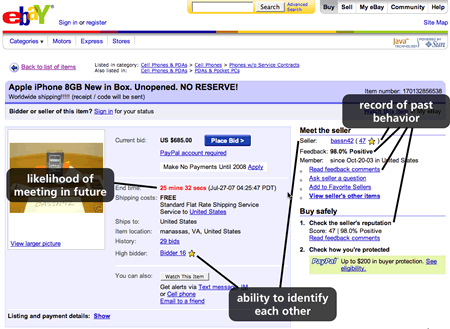November 14th
Do Canonical Web Designs Exist?
Armin Vit at Speak Up asks: Where are the canonical web designs?
“Milton Glaser’s Dylan poster. Paul Rand’s IBM logo. Paula Scher’s Public Theater posters. Massimo Vignelli’s New York subway map. Kyle Cooper’s Seven opening titles. These are only a few landmark projects of our profession. Design solutions that, in their consistent use as exemplary cases of execution, concept and process, don’t even need to be shown anymore and that, for better or worse, (almost) everyone acknowledges as being seminal works that reflect the goals that graphic design strives for: A visual solution that not only enables, but also transcends, the message to become memorable in the eyes and minds of viewers. Whether these projects are indeed as amazing, relevant and enviable as we have built them up to be is cause for a separate discussion but it’s safe to say that, as far as designs recognized around the profession, there are a certain few that invariably make the list, usually without question. Myself, I could list projects in every category from logos, to annual reports, to magazine covers, to packaging, to typefaces, to opening titles that could be considered landmark projects… But when it comes to web sites, I can’t think of a single www that could be comparable — in gravitas, praise, or memorability — as any of the few projects I just mentioned. Could this be?”
Armin then goes and mentions the obvious answer: Google.
But this is not an acceptable answer for him, because…wait for it…the logo sucks.
To talk about Google in terms of its logo has long been a pastime for people who care about logos. For years I’ve heard the same argument from people who want nothing more than to get rid of the “Mickey Mouse” logo, as it is often described.
Armin’s point is that while Google seems to be better than Yahoo, it is still plagued with a bad logo. He’s not “moved or inspired” by the design. Therefore, he reasons, it is not canonical design. Canonical design, in his mind, is one that practitioners of the medium look to as exemplary.
But, frankly, I think Armin has missed his own point…
Continue Reading: Do Canonical Web Designs Exist?
